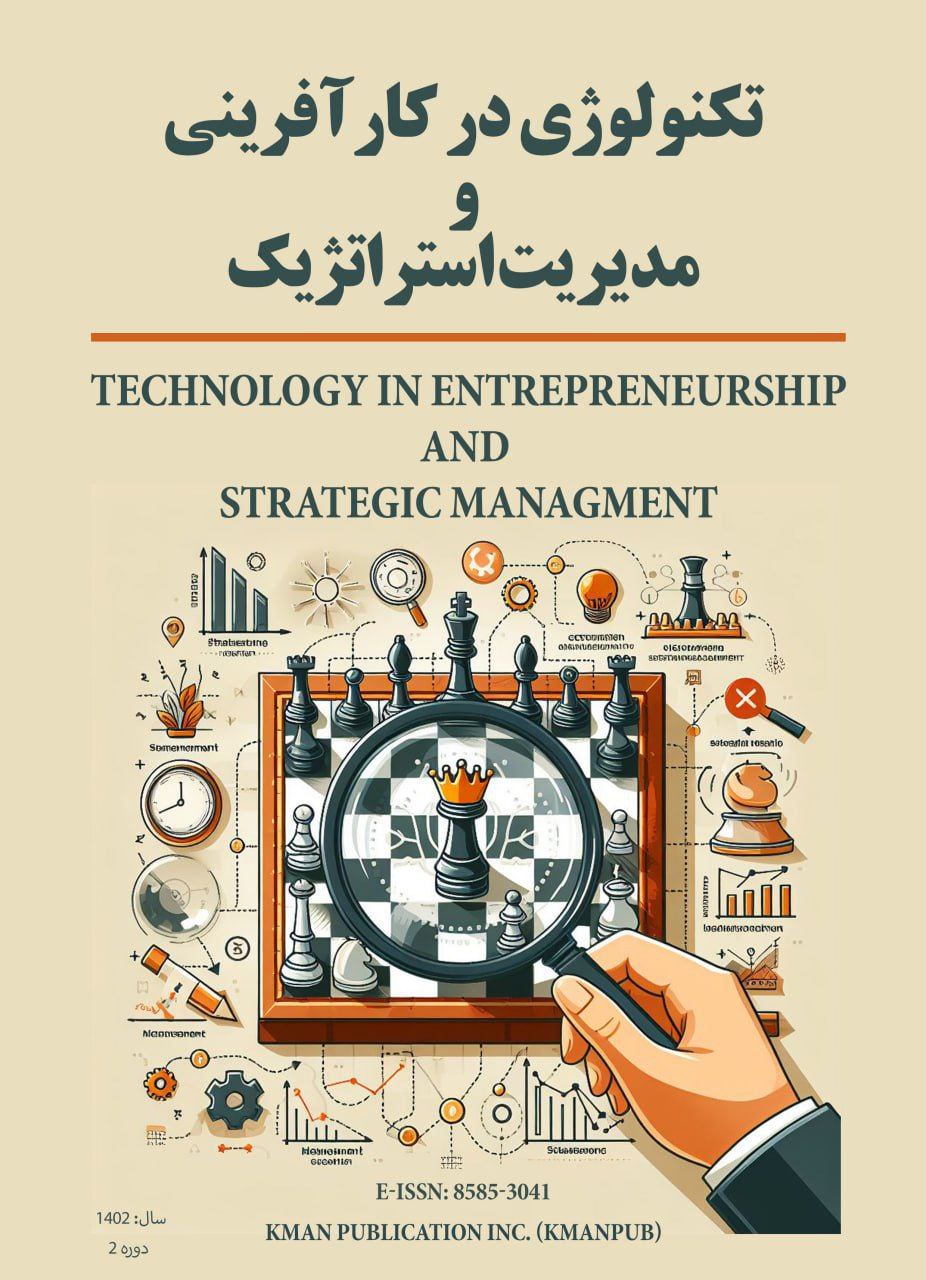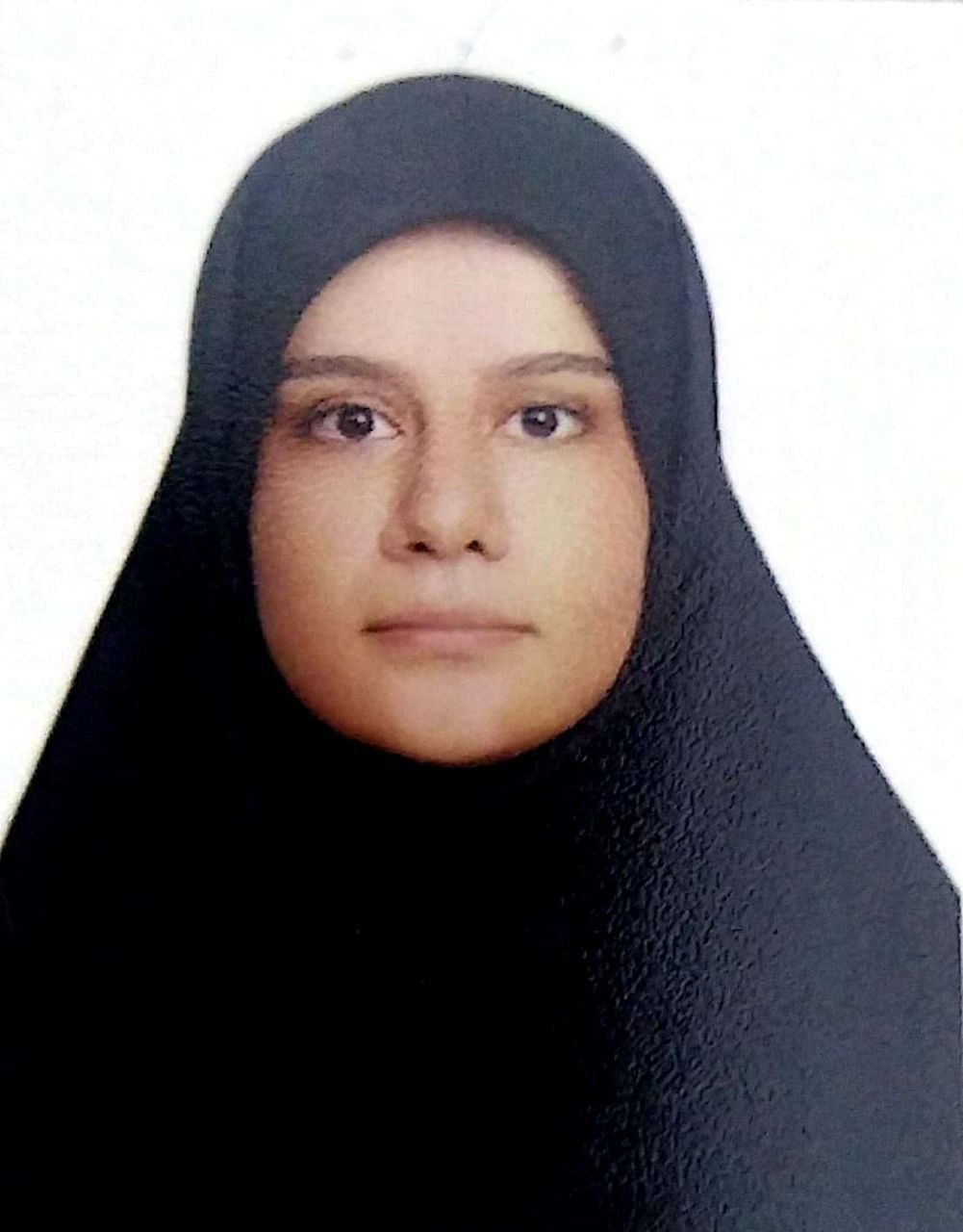The Role of Blockchain Technology in Enhancing Transparency and Security in Entrepreneurial Financial Transactions
Keywords:
Blockchain, Financial Transactions, Entrepreneurship, Transparency, Security, Technological InfrastructureAbstract
This study aims to explore the impact of blockchain technology on enhancing transparency and security in financial transactions within the entrepreneurial ecosystem. A qualitative research approach was utilized, employing semi-structured interviews with experts and practitioners in the field of blockchain and finance. The data were analyzed through thematic analysis to identify key themes and categories. The study identified five main themes: Transparency in Transactions, Security of Transactions, Impact on Entrepreneurship, Adoption and Challenges, and Technological Infrastructure. Each theme encompasses various sub-categories and concepts highlighting the potential benefits and challenges of implementing blockchain in financial transactions. Blockchain technology offers significant opportunities to enhance transparency and security in financial transactions. However, widespread adoption is contingent upon overcoming technical and regulatory challenges. Future research should focus on developing practical strategies for blockchain integration into various sectors.






















